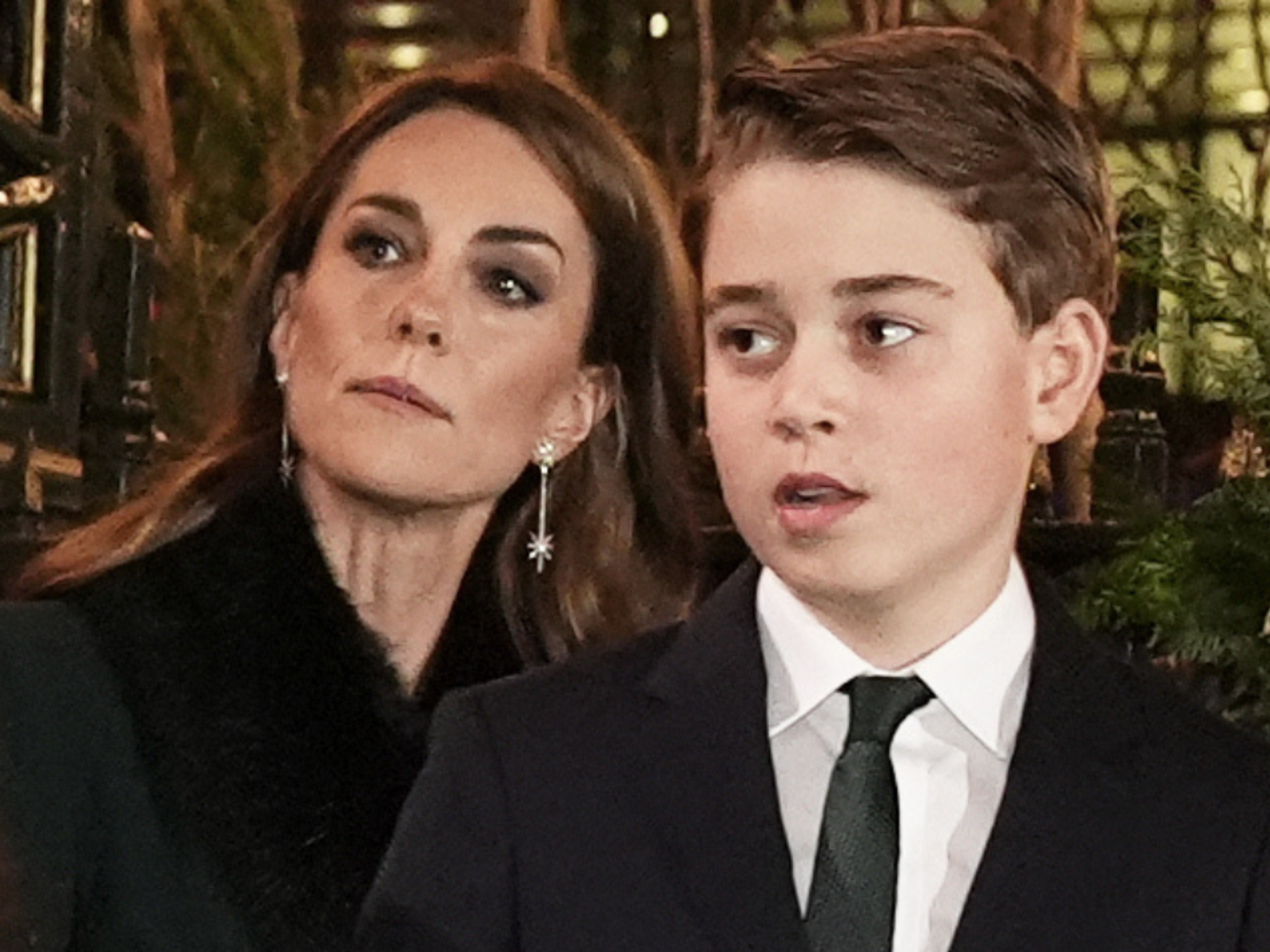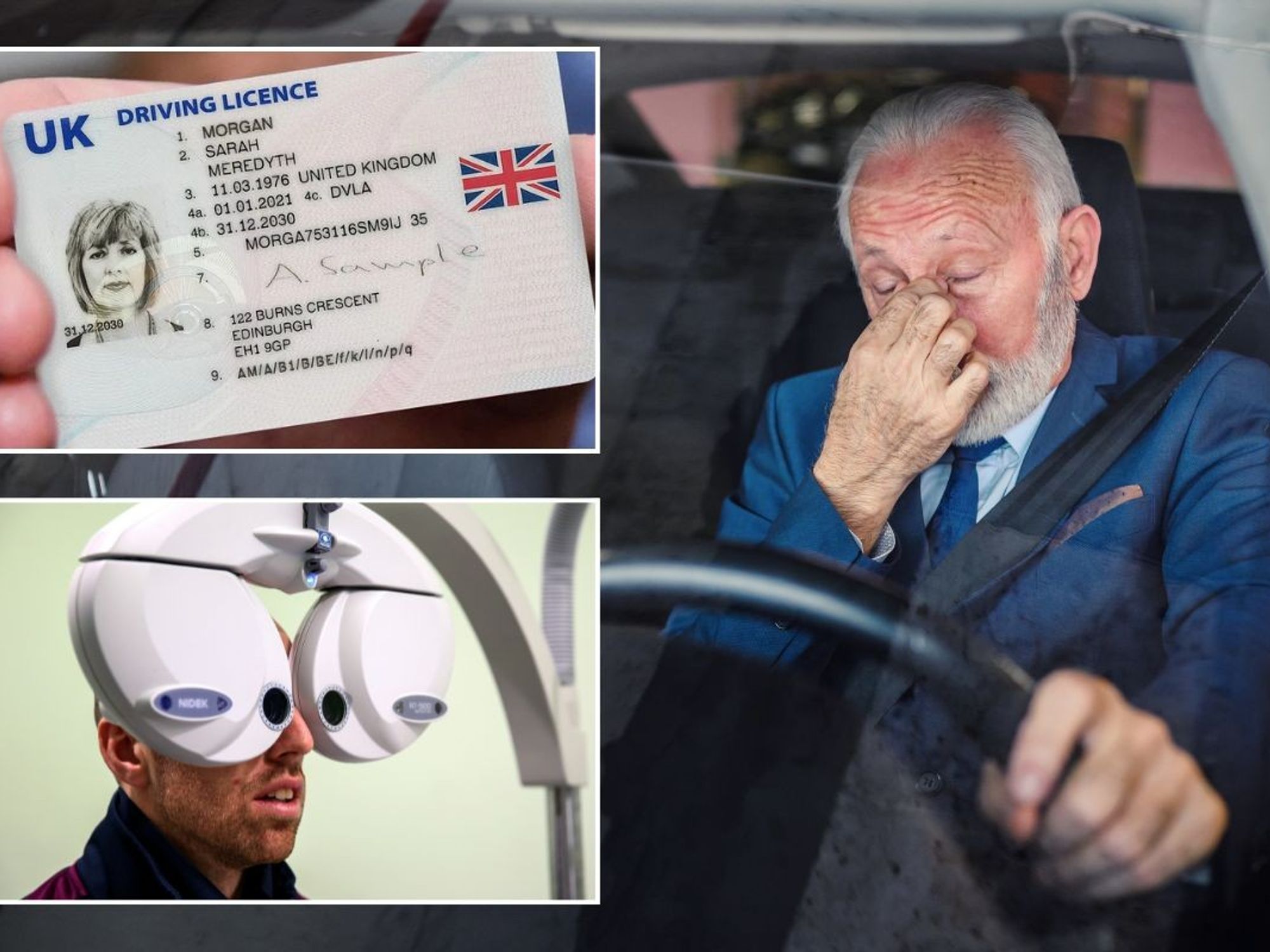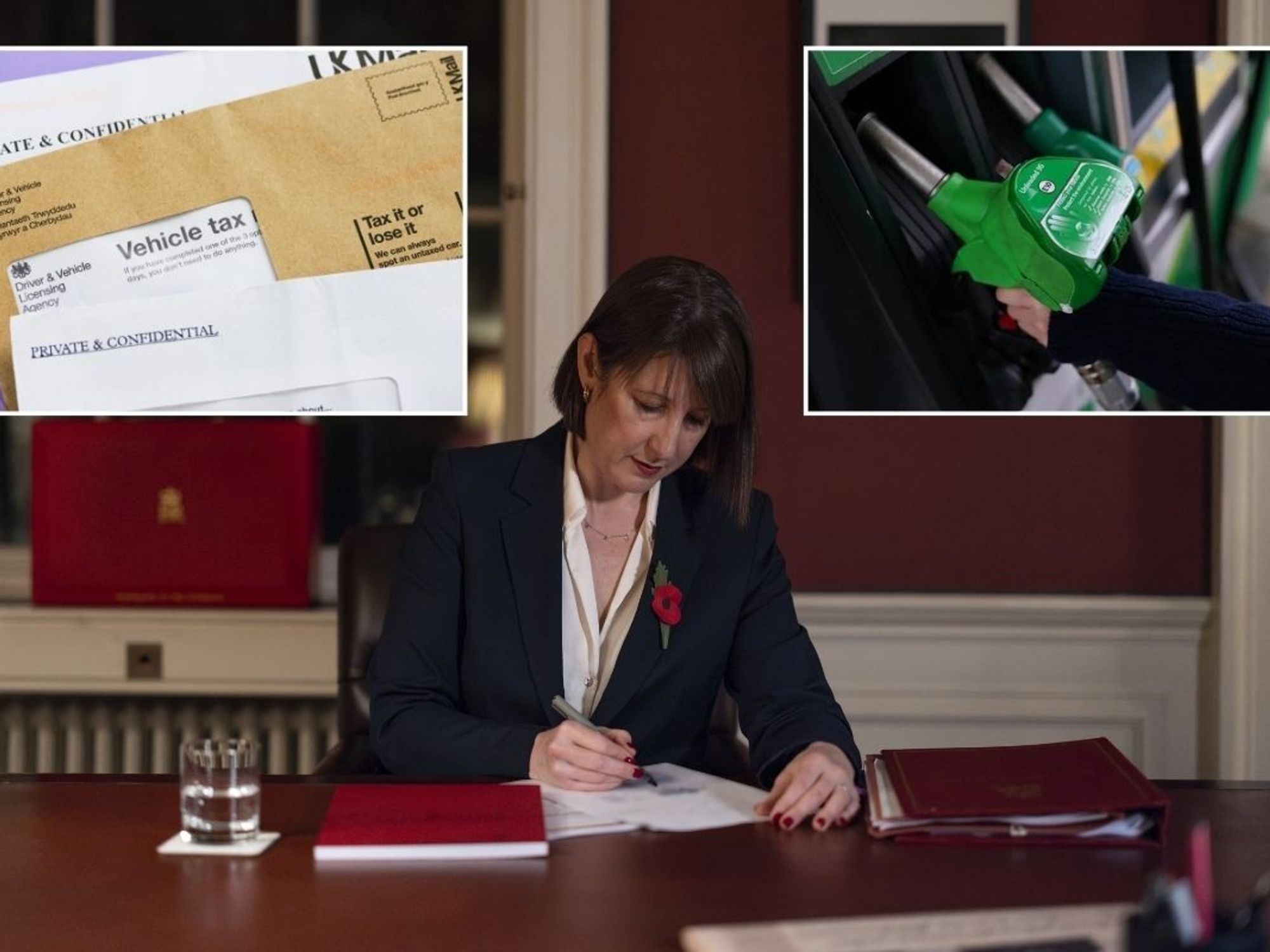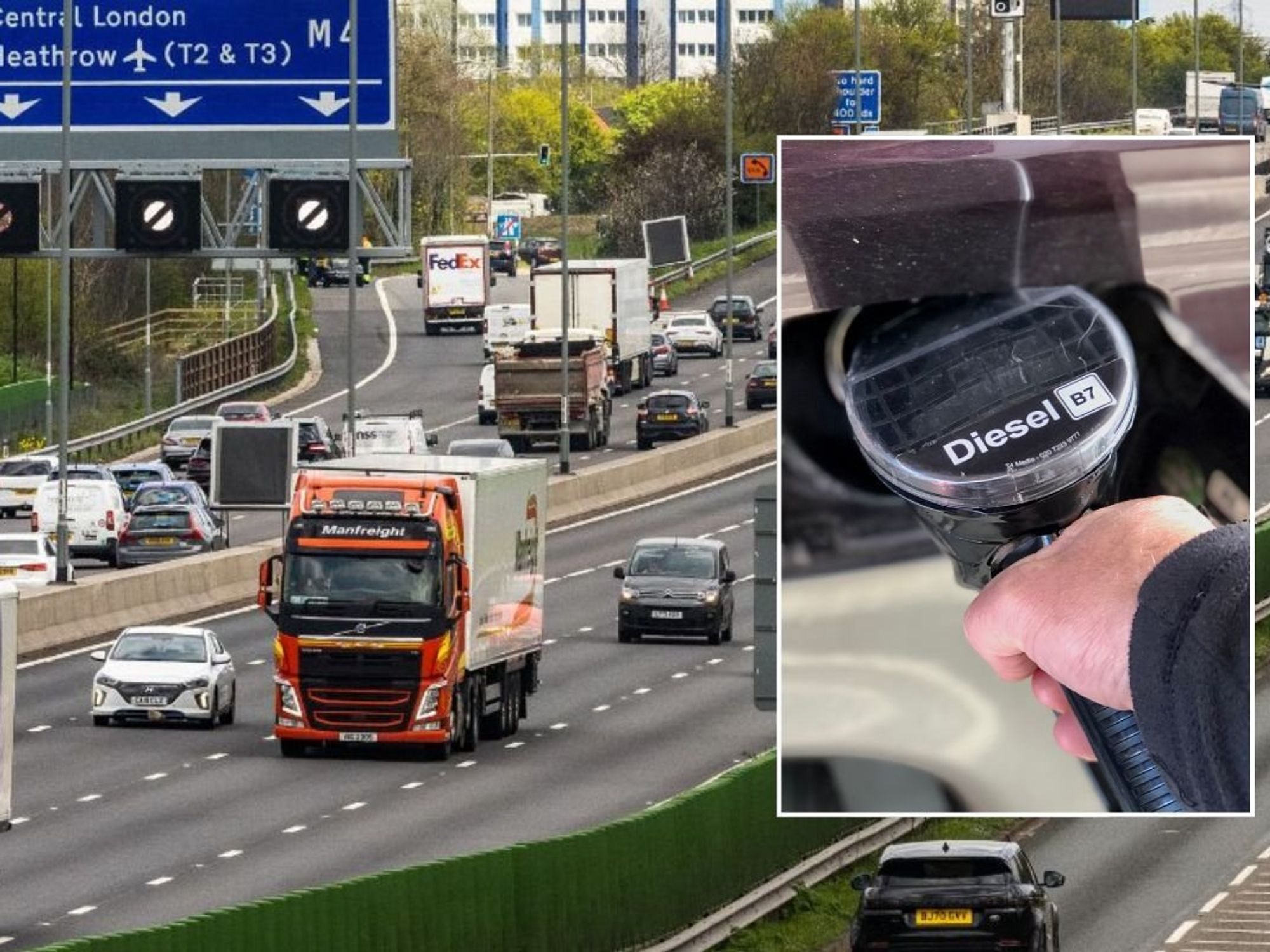Brexit trade deal with Australia and New Zealand finally goes live in 'historic moment' for Britain
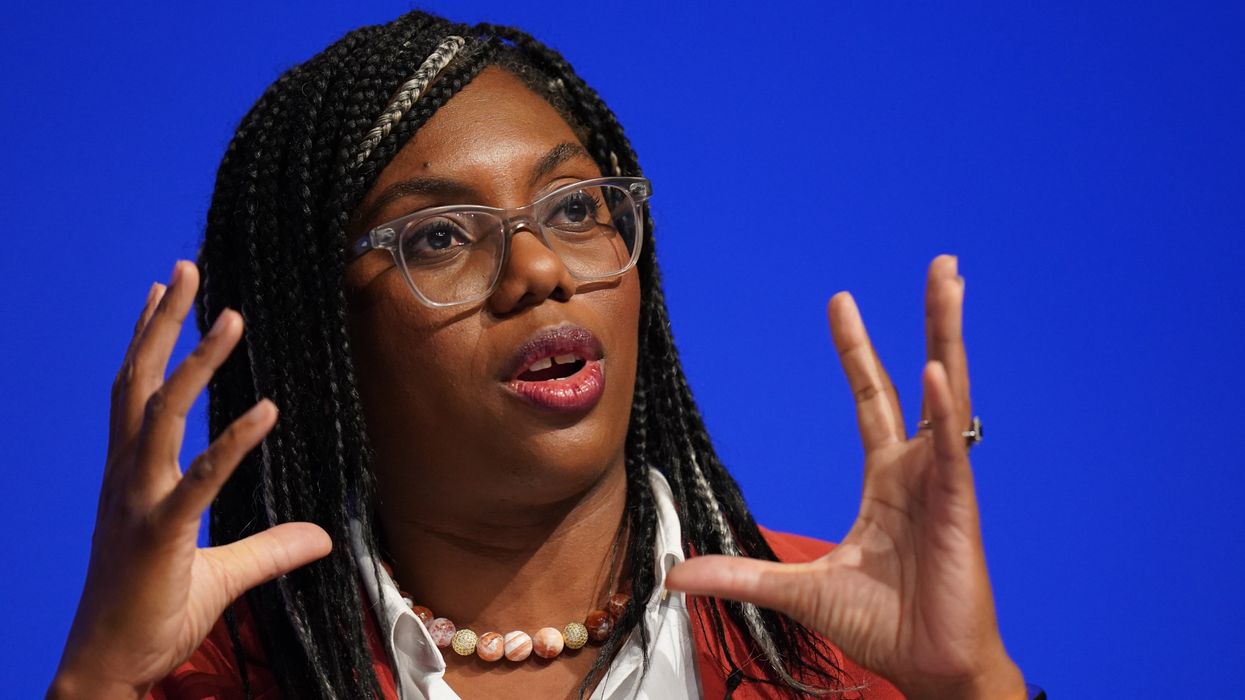
Kemi Badenoch speaking on stage during the Conservative Party annual conference at the International Convention Centre in Birmingham
|PA

The Brexit-backing Business Secretary Kemi Badenoch hailed the UK’s antipodean trade deals as a ‘historic moment’ for the United Kingdom
Don't Miss
Most Read
Latest
The UK’s post-Brexit trade deals with Australia and New Zealand have come into force as Britain finally marked the moment it took back control of its trade policy outside the European Union’s customs union at midnight.
Free trade agreements with the UK’s antipodean allies were signed last year and were later ratified in London, Canberra and Wellington.
The accords will remove tariffs on UK exports, open unprecedented access for services and slash red tape around both digital trade and work visas.
The deals could cut prices for British consumers on products such as wine, Tim Tams and kiwi fruit.
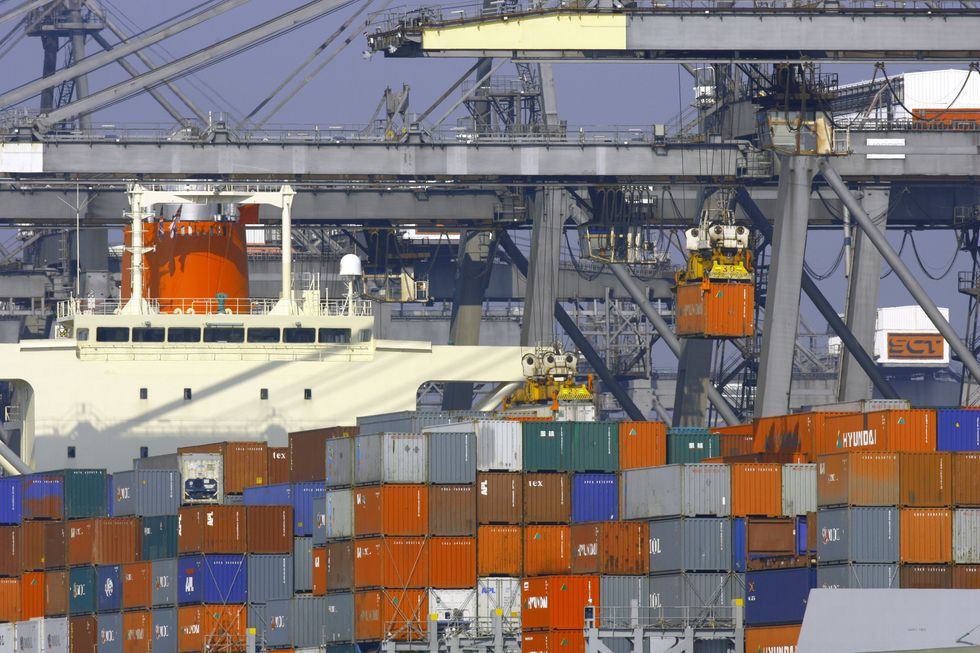
The container ship MOL Pace from Panama unloads her cargo at Southampton Container Terminal.
|PA
Business Secretary Kemi Badenoch, who came under fire for failing to repeal thousands of pieces of Brussels-derived legislation earlier this month, celebrated the “historic moment”.
She said: “Today is a historic moment as our first trade deals to be negotiated post-Brexit come into effect.
“Businesses up and down the country will now be able to reap the rewards of our status as an independent trading nation and seize new opportunities, driving economic growth, innovation and higher wages.”
The deals look set to boost bilateral trade with Australia by 53 per cent and with New Zealand by 59 per cent, data from the Department for Business and Trade has suggested.
Trade ministers in Canberra and Wellington will receive signed Beano comics, Penderyn single malt Welsh whisky, Brighton Gin, The Cambridge Satchel Co bags and Fever-Tree Mixers to mark the historic moment.
Parcels heading Down Under will also include an England cricket top signed by James Anderson and Emma Lamb, a Welsh rugby shirt signed by Warren Gatland’s squad and a tennis racket from Gray’s of Cambridge.
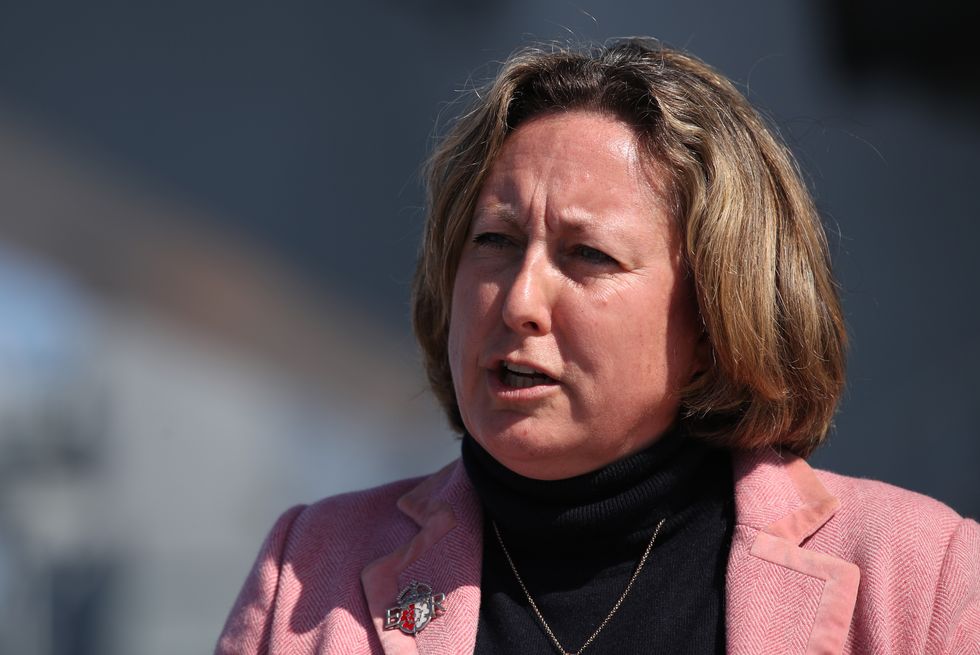
Indo-Pacific Minister Anne-Marie Trevelyan
|PA
Accords with Australia and New Zealand have been accompanied by 71 other deals and agreements in principle, including a number of roll-over accords and a revamped arrangement with Japan.
Leading Brexiteers hope the accords could accelerate Britain’s membership of the multi-trillion-pound Comprehensive and Progressive Trans-Pacific Partnership (CPTPP).
The UK's accession into the bloc, which will have a total gross domestic product of £12trillion, was confirmed in March.
Indo-Pacific Minister Anne-Marie Trevelyan, who worked on the antipodean accords while serving as Boris Johnson’s Trade Secretary, told GB News: “The Australian trade deal is one of the most ambitious trade deals there is. It’s far, far more than just goods. It’s much wider in services and has a whole new arena around shared peoples.”
The Brexit-backing MP for Berwick-upon-Tweed, who also welcomed efforts to protect indigenous communities in the New Zealand deal, continued: “Australia and New Zealand were the first trade deals we did because they are very close allies but also because they are key anchors in the CPTPP which is a really important Indo-Pacific trade deal.
“In delivering incredibly ambitious trade deals with those two countries and Japan’s incredible support for our accession, we’ve now brought that full reach into the Trans-Pacific partnership.

Conservative MP Peter Bone in Whitehall
|PA
“That has enormous and exciting benefits for British businesses. It has vast markets and incredible opportunities for both British manufacturers and service providers to explore new markets.”
“These CTPP countries have incredible growth in them and it’s where all the growth is going to be in the next 50-years, so it is fantastic to be a part of it now,” she added.
Wellingborough MP Peter Bone, who founded the Eurosceptic Grassroots Out campaign, said: “Clearly all the new trade agreements we are doing around the world, which we couldn’t do if we were in the European Union, are to the benefit of people in this country and in the country we are signing the deal with.
“It lowers the cost of living and therefore it is another historic step along the road that we are treading since we’ve come out of the European Union.”
Bone added: “The Remainers said that the world would fall apart if we didn’t stay in the European Union and clearly that is absolutely not the case.
“Now we are doing free trade deals and they are saying it’s only a small benefit but that’s a benefit you wouldn’t have in the European Union and we are looking to have much bigger trade deals.
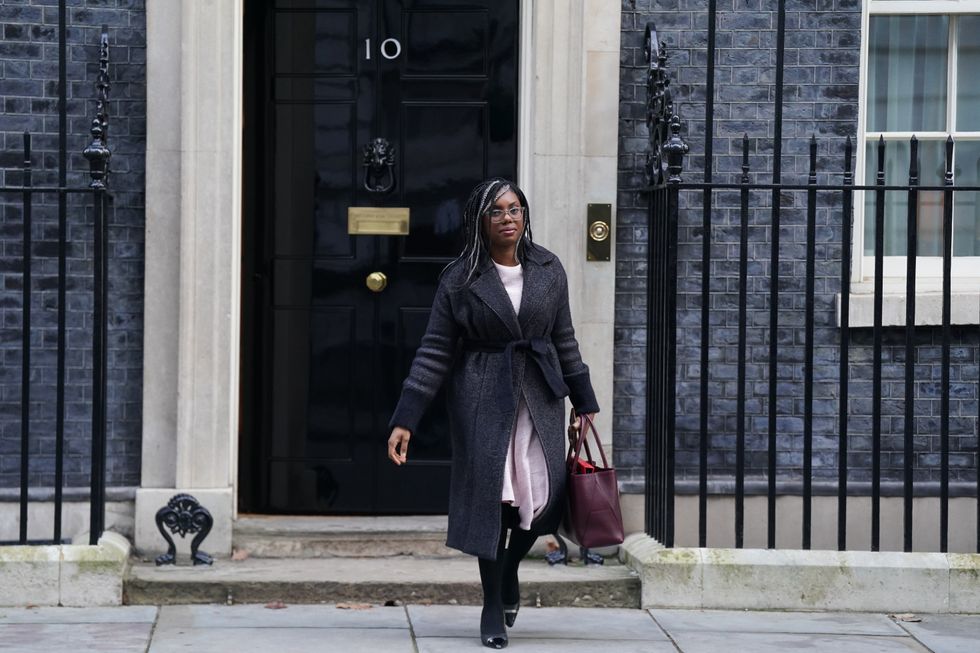
Badenoch recently came under fire over failing to repeal EU-derived legislation
| PA“It’s a historic stepping stone for Britain in signing more free trade agreements, becoming an independent sovereign nation again and doing what we want to do, rather than what the EU tells us to do.”
However, critics have warned that both the Australian and New Zealand deals will do little to help GDP and could prove damaging to certain sectors, including agriculture.
Labour’s Shadow International Trade Secretary Nick Thomas-Symonds warned Rishi Sunak’s Government needs to step up support for exporters or risk the worst of all worlds for UK businesses.
He told GB News: “It can deliver an economic boost if the Government is willing to actually support our exporters properly.
“If you look at the moment, this year 2023, the OBR is saying that exports overall will fall by 6.6 per cent, that is a hit of over £51billion to the economy.
“Now, if the Government is far more proactive, I’ve argued for example for export hubs in every nation and region of the UK, people actually on the ground specialising in things like high-end climate technology, working with the devolved administrations, universities and innovators to get that support to exporters.”
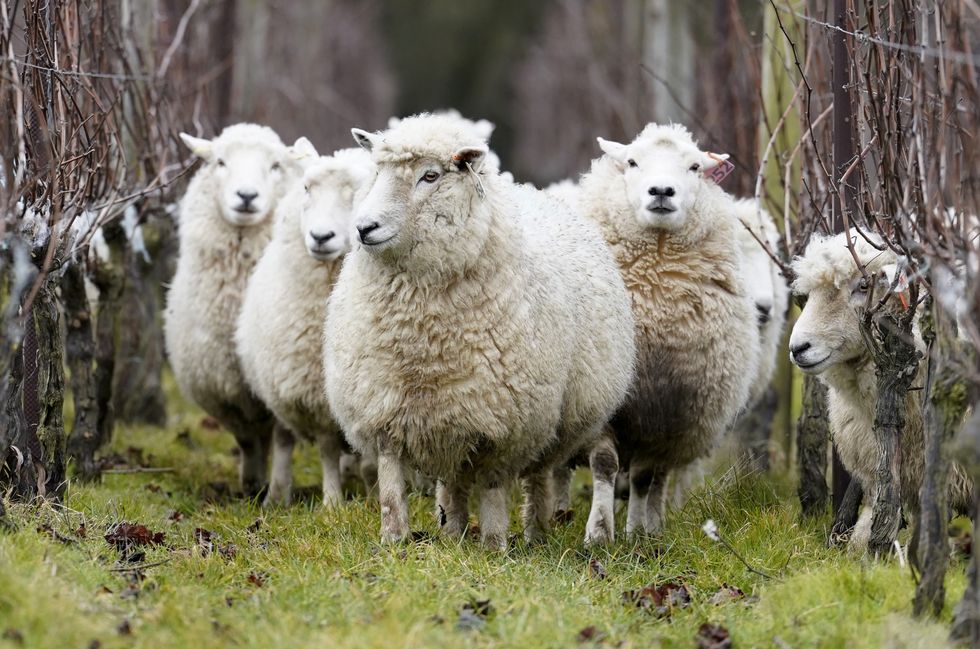
There are concerns about the impact of the two trade deals on the farming industry
|PA
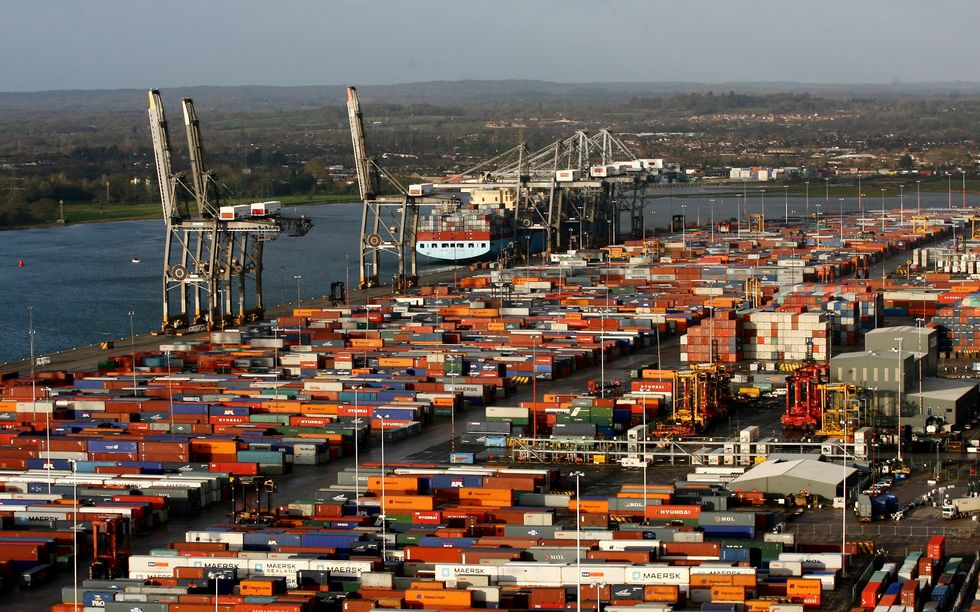
A general view of Southampton Docks, Hampshire.
|PA
Calculations suggest the UK-Australia deal will increase GDP by just 0.08 per cent or £2.3billion a year by 2035.
The Government’s impact assessment suggested the accord with New Zealand will bring in a negligible 0.03 per cent boost to GDP over the same period.
Best for Britain, a campaign group calling for closer ties between the UK and EU, voiced concern about the deals.
The group’s chief executive Naomi Smith said: “By the Government’s own admission, these trade deals are not good for the UK.
“They undercut British industries, trash UK standards, make a mockery of our climate commitments, and all while having next to no impact on economic growth and failing to make up for trade we have lost with the EU.”
Smith added: “Future trade deals should protect British businesses and be aimed at boosting growth and opportunities, that’s why we are gathering hundreds of businesses together at the Trade Unlocked Conference in Birmingham to influence trade policy before the next general election.”

Business Secretary Kemi Badenoch
|PA
Studies have suggested that trade from the UK to the EU is down by 16 per cent on the levels anticipated had Brexit not happened.
Trade from the EU to the UK also dropped by around 20 per cent, research from the Economic and Social Research Institute released last October revealed.
Despite certain forecasts and following the fallout of the coronavirus pandemic, exports to both EU and non-EU countries exceeded 2019 levels in 2022.
Imports of goods and services from both EU and non-EU countries have also exceeded 2019 levels in current prices, with imports of goods from the EU 1.4 per cent higher in 2022.







